Chiến thắng trong cuộc bầu cử Mỹ 2024 sẽ đưa ông Donald Trump trở lại Nhà Trắng - một sự trở lại có khả năng gây ra tác động to lớn với nền kinh tế toàn cầu.
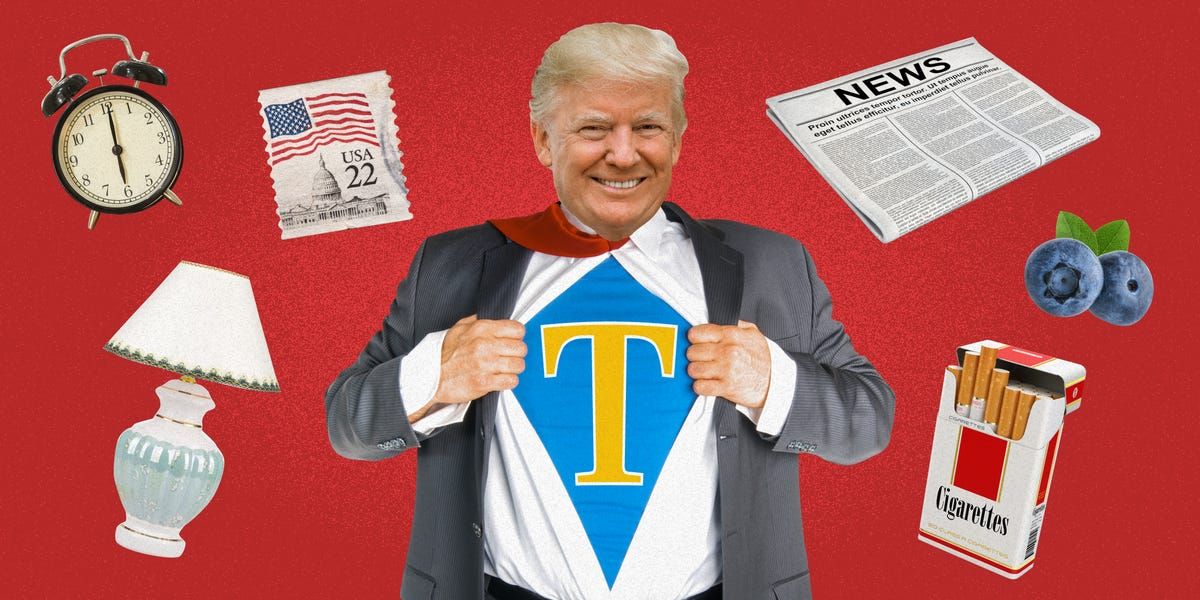 |
| Tổng thống đắc cử Donald Trump - người thường tự xưng là “Tariff Man”. (Nguồn: Getty Images) |
Phát biểu trước những người ủng hộ tại Florida ngày 6/11, ông Trump cho biết, ông sẽ mở ra “thời kỳ hoàng kim của nước Mỹ”.
Những lời cam kết trong chiến dịch tranh cử của ông Trump bao gồm mạnh tay áp thuế, bãi bỏ một số quy định và thúc đẩy các thỏa thuận toàn cầu quan trọng.
Các nhà phân tích nhận định, rất khó để xác định mức độ mà vị tổng thống mới của nước Mỹ sẽ thực hiện trong nhiệm kỳ này. Dù vậy, hậu quả của bất kỳ biện pháp nào cũng sẽ có tác động rõ ràng trên toàn cầu.
"Người đàn ông thuế quan" trở lại
Sáu năm trước, ông Trump thường tự xưng là "người đàn ông thuế quan" (Tariff Man).
Ông cũng từng mô tả “thuế quan” là từ yêu thích của ông, gọi đó là “từ đẹp nhất trong từ điển”.
Trong nỗ lực tăng doanh thu, vị tổng thống này đã đề xuất áp dụng mức thuế suất chung là 20% đối với tất cả hàng hóa nhập khẩu vào Mỹ. Trong khi đó, ông đề xuất mức thuế lên tới 60% đối với các sản phẩm của Trung Quốc và mức thuế lên tới 2.000% đối với các loại xe được sản xuất tại Mexico.
Với Liên minh châu Âu (EU), Tổng thống đắc cử Donald Trump tuyên bố, khối 27 quốc gia này sẽ phải trả "giá đắt" vì không mua đủ hàng hóa xuất khẩu của Mỹ.
Về vấn đề thuế quan, ông Lizzy Galbraith, nhà kinh tế chính trị tại công ty quản lý tài sản Abrdn nhận thấy, trong bất kỳ tình huống nào, khi tổng thống tương lai của nước Mỹ sử dụng thuế quan thường xuyên, thì trọng tâm chính sẽ nhắm vào Trung Quốc.
Còn ông Alex Holmes, Giám đốc khu vực châu Á - Thái Bình Dương của Economist Intelligence cho rằng, hầu hết các thị trường và nhà hoạch định chính sách đều đặt giả định, ông Trump sẽ không áp đặt toàn bộ thuế quan đã cam kết trong chiến dịch tranh cử.
Tuy nhiên, với tiền lệ khó đoán của ông, giới chuyên gia dự báo, các nước châu Á có thể cân nhắc các biện pháp để giảm thiểu tác động trước các cú sốc thuế quan.
Bên cạnh đó, các đồng minh của Mỹ trong khu vực như Nhật Bản, Hàn Quốc và Philippines sẽ phải chú ý đến các tác động dây chuyền từ thuế quan mà ông Trump áp với Trung Quốc. Bởi đây là quốc gia láng giềng và đối tác thương mại lớn nhất của hai nền kinh tế lớn nhất thế giới.
Các nhà phân tích cảnh báo, kế hoạch áp dụng thuế quan toàn cầu từ Mỹ cũng có thể khiến người tiêu dùng phải mua hàng hóa với giá cao hơn và làm chậm chi tiêu.
Viễn cảnh tiêu cực với châu Âu
Về tăng trưởng kinh tế toàn cầu, ông Ben May, Giám đốc nghiên cứu vĩ mô toàn cầu tại Oxford Economics cho biết, khi "người đàn ông thuế quan" trở lại Nhà Trắng, tác động với tăng trưởng có thể sẽ bị hạn chế trong tương lai gần. Nhưng những tác động lớn đối với thương mại và cơ cấu tăng trưởng, cũng như đối với thị trường tài chính là không thể tránh khỏi.
Ví dụ, ông Ben May cho biết, với kịch bản các khía cạnh các chương trình nghị sự chính sách của ông Trump được thông qua - đặc biệt là về thuế quan - tác động trên toàn cầu sẽ “rất lớn”.
"Ngoài ra, sự không chắc chắn về lập trường của Trump đối với các cuộc xung đột ở Ukraine và Trung Đông cũng làm tăng nguy cơ bất ổn lớn hơn ở cả hai khu vực, điều này có thể ảnh hưởng đến tăng trưởng của khu vực và thậm chí là toàn cầu”, Giám đốc nghiên cứu vĩ mô toàn cầu tại Oxford Economics nhấn mạnh.
Còn với châu Âu, viễn cảnh về nhiệm kỳ tổng thống thứ hai của ông Trump từ lâu đã được coi là tiêu cực.
Tuy nhiên, các nhà phân tích tại Signum Global Advisors nhận thấy, mức độ nghiêm trọng của vấn đề với khu vực trên vẫn chưa được đánh giá đúng mức.
Thật vậy, các nhà phân tích lập luận rằng, có một số yếu tố cho thấy EU có khả năng là “kẻ thua cuộc lớn nhất trong kỷ nguyên thứ hai của ông Trump". Đó là căng thẳng thương mại, sự thất vọng của quyết định chính sách quan trọng ở châu Âu và mong muốn của của ông Trump về vấn đề muốn tăng gấp đôi lợi thế của Mỹ trong việc thu hút sự dịch chuyển vốn.
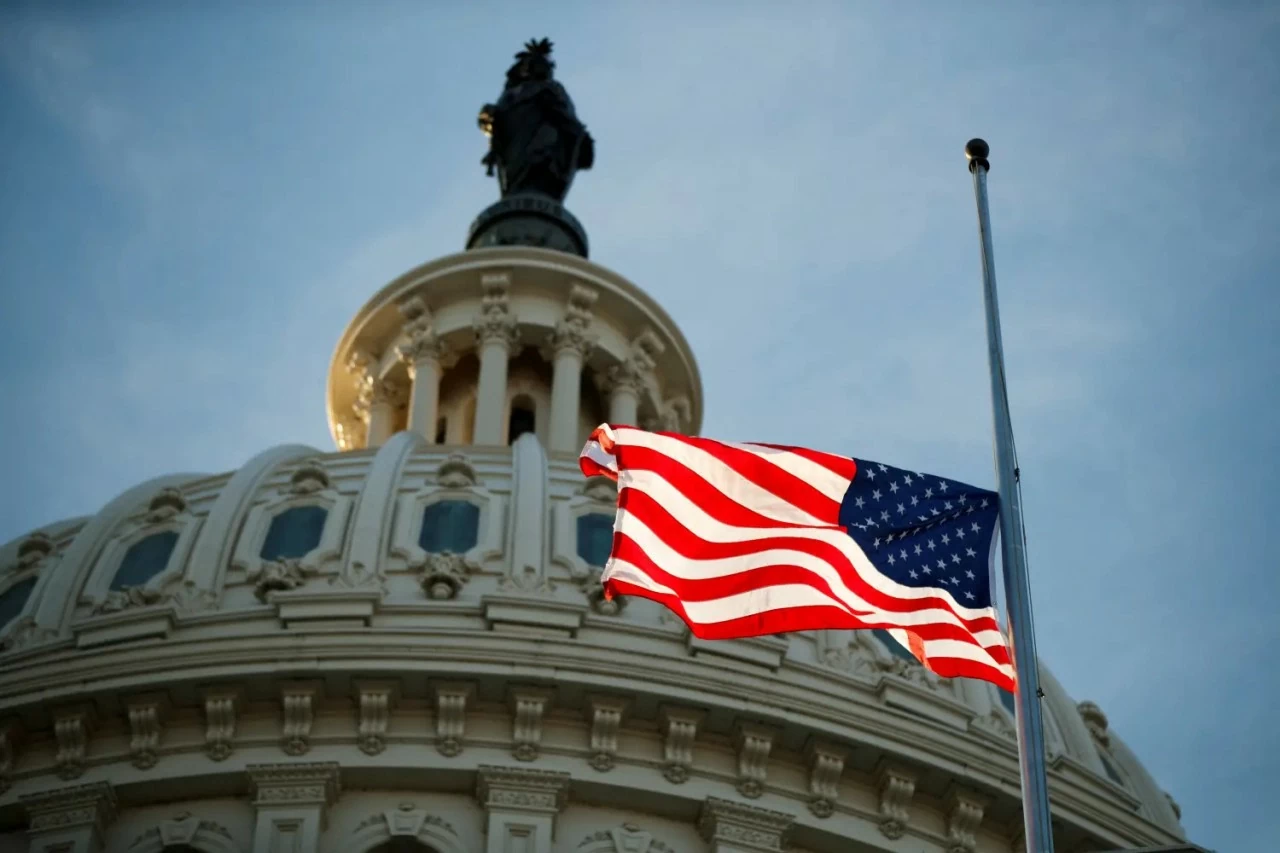 |
| Phát biểu trước những người ủng hộ tại Florida ngày 6/11, ông Trump cho biết, ông sẽ mở ra 'thời kỳ hoàng kim của nước Mỹ'. (Nguồn: Telegraph) |
Châu Á đã có sự chuẩn bị
Với châu Á, chiến thắng của ông Trump cũng không phải tin tốt, đặc biệt là với Trung Quốc, các nhà phân tích tại Ngân hàng đầu tư Macquarie Group cho hay. Nhưng khu vực này đã “chuẩn bị tốt hơn” so với năm 2016 - khi "người đàn ông thuế quan" mới chuyển đến Nhà Trắng.
Các nhà phân tích tại Ngân hàng đầu tư Macquarie Group viết trong một nghiên cứu rằng: “Nguyên tắc chính trong chiến dịch của ông Trump là tăng thuế quan. Mặc dù được dự báo rõ ràng, nhưng những 'cơn gió ngược' có khả năng quét qua châu Á - đặc biệt là Trung Quốc - sẽ làm tăng sự biến động".
Theo quan điểm của ngân hàng đầu tư trên, để cân bằng, Trung Quốc đã tăng tốc đưa ra các biện pháp kích thích. Chính phủ Trung Quốc đã vạch ra tham vọng hỗ trợ tăng trưởng kinh tế ở mức 5% và giải quyết những khó khăn của thị trường bất động sản để hỗ trợ niềm tin của người tiêu dùng trong nước.
Mitchell Reiss, một nhà ngoại giao người Mỹ và là thành viên danh dự tại Viện nghiên cứu Royal United Services (RUSI) dự đoán, sẽ có một số khác biệt trong chính sách của ông Trump trong lần thứ hai trở lại Nhà Trắng.
Ông khẳng định: “Tôi nghĩ rằng Tổng thống đắc cử Trump đã nói rằng, ông muốn tăng thuế đối với Trung Quốc một lần nữa cho đến khi 'sân chơi' trở nên cân bằng, theo quan điểm của ông”.
Trong khi đó, Ngân hàng UBS dự báo, tăng trưởng của nền kinh tế lớn thứ hai thế giới giảm thêm 2,5% trong vòng 12 tháng, sau khi áp dụng mức thuế mới của ông chủ Nhà Trắng. Tuy nhiên, mức giảm sẽ chỉ còn 1,5% nếu Bắc Kinh "trả đũa".
Dù vậy, ông Tong Zhao, nhà nghiên cứu cấp cao tại tổ chức tư vấn Carnegie Endowment for International Peace cho rằng, việc ông Trump thắng cử "cũng không hoàn toàn bất ngờ với Trung Quốc".
Ông nói: "Đất nước của Chủ tịch Tập Cận Bình có thể phản ứng bằng cách đẩy nhanh việc tự chủ kinh tế và công nghệ, đồng thời tăng cường quan hệ kinh tế với các nước như Nga".
Nguồn: https://baoquocte.vn/hau-bau-cu-my-ong-trump-tro-lai-nha-trang-lo-dien-ke-thua-cuoc-lon-nhat-trung-quoc-da-co-su-chuan-bi-293026.html








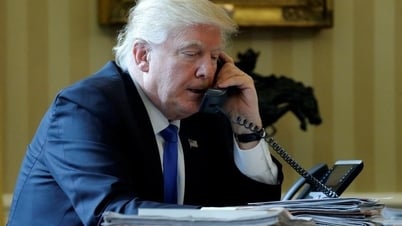



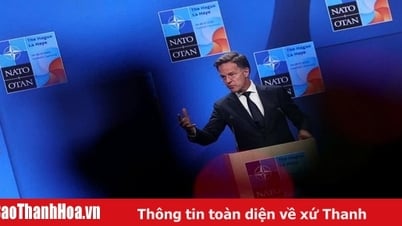

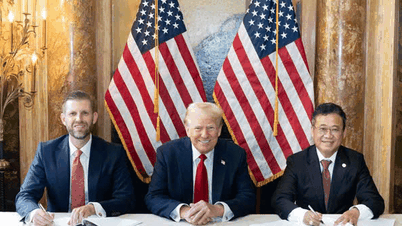
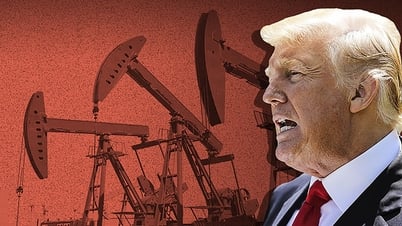

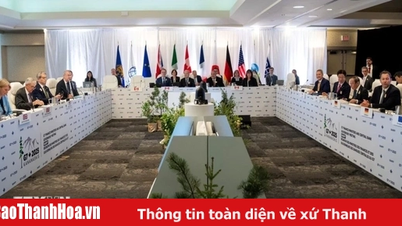
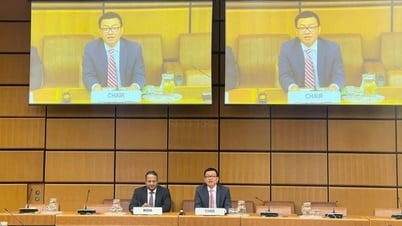

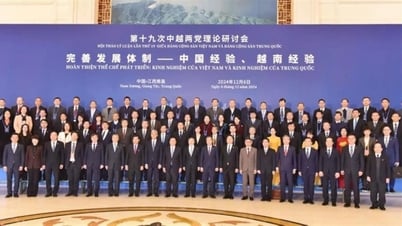
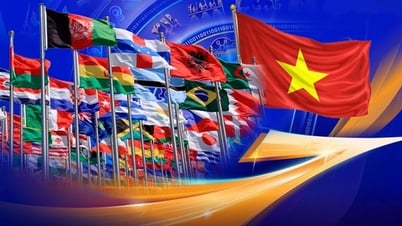

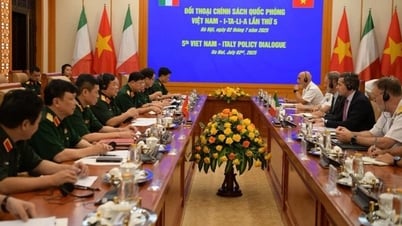
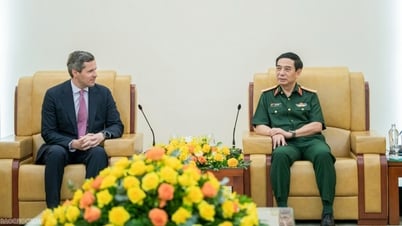




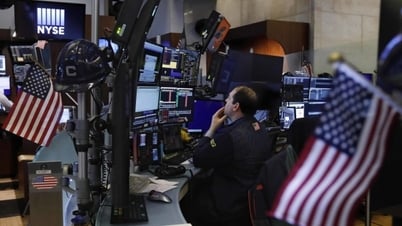
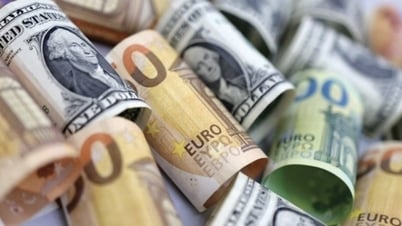


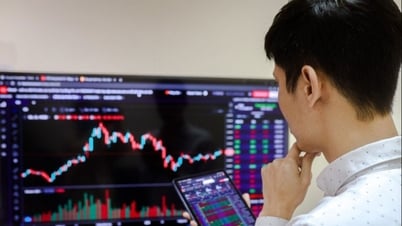


















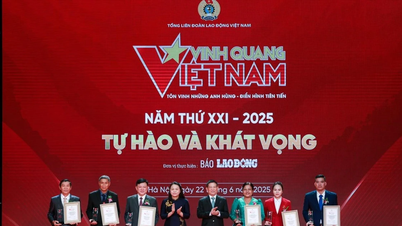



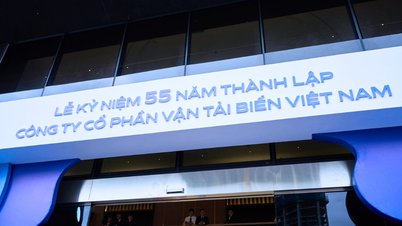


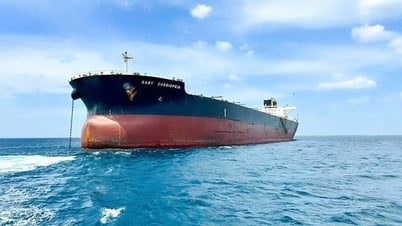




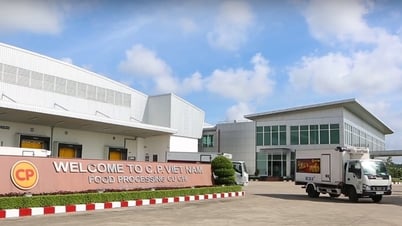
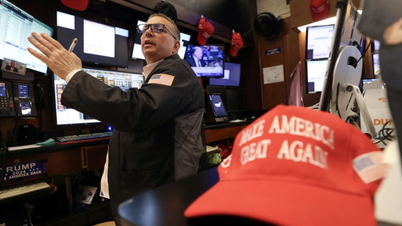




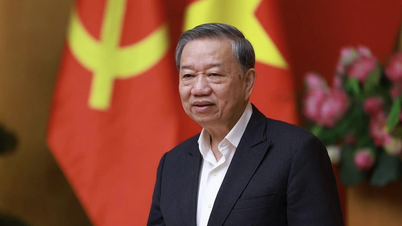


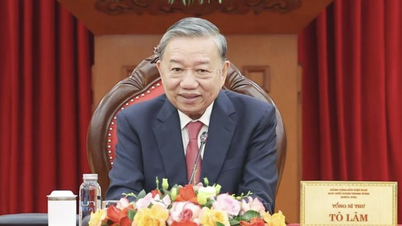






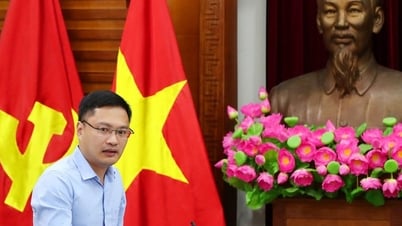





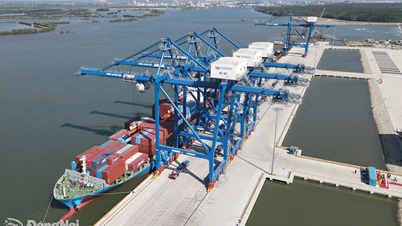







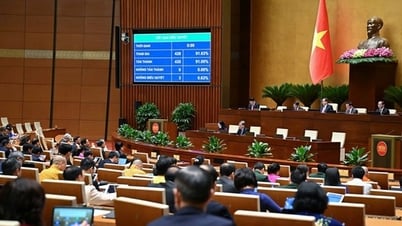






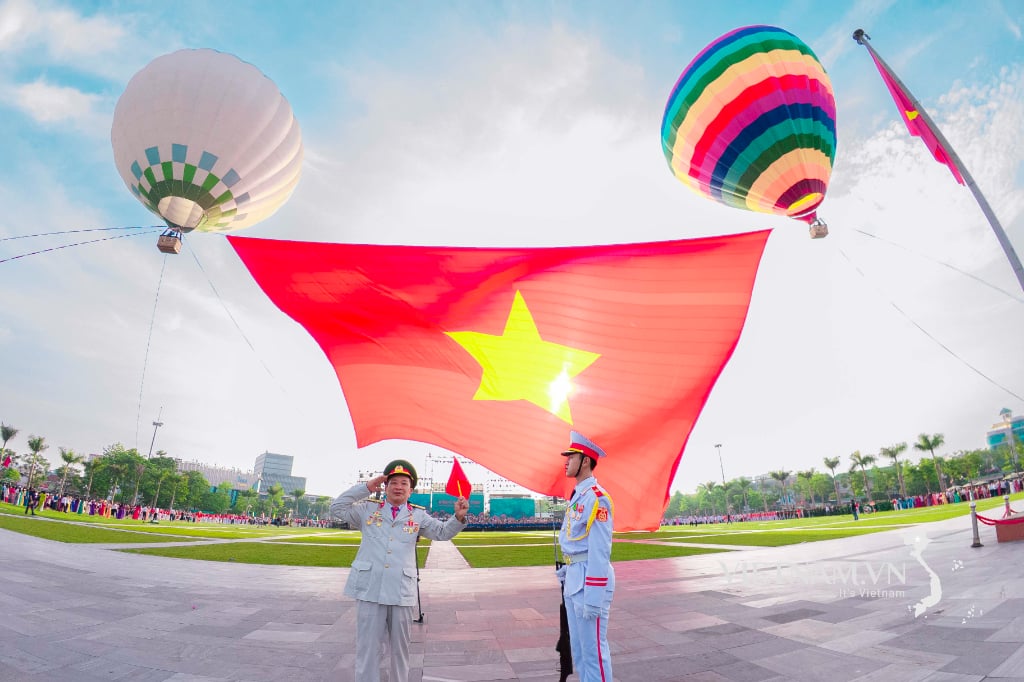


Bình luận (0)